
En vue de la COP21, la conférence sur le climat prévue à Paris en 2015, le dispositif « Solutions COP21 » a été mis en place. Son objectif est de présenter à un large public tous les services, produits, process et innovations existants mis en place à travers le monde pour lutter contre le dérèglement climatique ainsi que ses impacts.


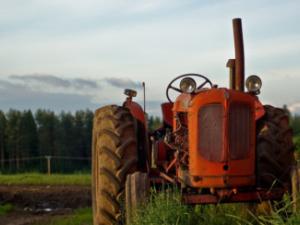 Johannesburg - South Africa is facing the prospect of looming food shortages in the next 10 years as the country struggles to attract new talent to its ageing crop of commercial farmers, according to Deloitte. Data from farming organisation AgriSA shows that the average age of a South African farmer is 62, considerably higher than the EU median age of 55 and also older than the US (58) and Australia (53), a factor that is likely to put considerable pressure on the nation’s status as a net food producer. Compounding this is the fact that South Africa, which is already battling a chronic electricity shortage, is considered semi-arid in most parts with a 2009 World Bank study estimating that just 11.82 percent of its 1,221,037 square kilometres of land is arable. “The average age of a commercial farmer in this country is around 62 and we’re simply not attracting enough new farmers to the sector to fill the gap they are going to leave as they start to retire over the next decade,” says Omri van Zyl, a Senior Associate at Deloitte. “If you think the electricity shortage is an issue for the economy, just imagine what a food shortage would do. At least you can use a generator to produce electricity if there’s a blackout but you can’t do much if you don’t have any food.”
Johannesburg - South Africa is facing the prospect of looming food shortages in the next 10 years as the country struggles to attract new talent to its ageing crop of commercial farmers, according to Deloitte. Data from farming organisation AgriSA shows that the average age of a South African farmer is 62, considerably higher than the EU median age of 55 and also older than the US (58) and Australia (53), a factor that is likely to put considerable pressure on the nation’s status as a net food producer. Compounding this is the fact that South Africa, which is already battling a chronic electricity shortage, is considered semi-arid in most parts with a 2009 World Bank study estimating that just 11.82 percent of its 1,221,037 square kilometres of land is arable. “The average age of a commercial farmer in this country is around 62 and we’re simply not attracting enough new farmers to the sector to fill the gap they are going to leave as they start to retire over the next decade,” says Omri van Zyl, a Senior Associate at Deloitte. “If you think the electricity shortage is an issue for the economy, just imagine what a food shortage would do. At least you can use a generator to produce electricity if there’s a blackout but you can’t do much if you don’t have any food.”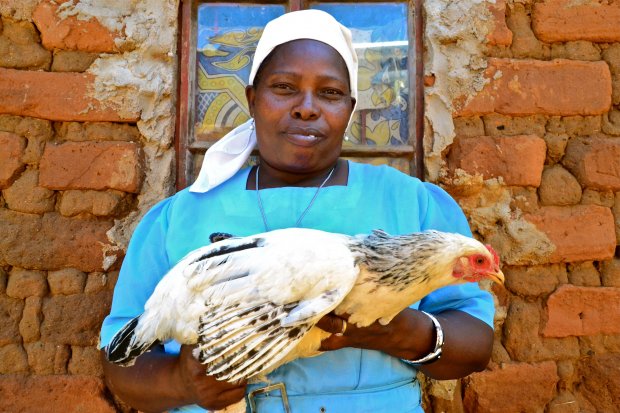
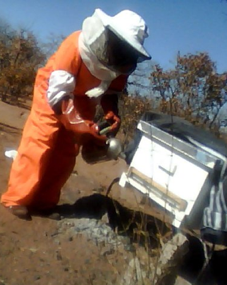 To celebrate International Women’s Day we are profiling young entrepreneur Tshepiso Marumo, from Botswana, who has been keeping bees and producing honey based products since 2007. We find out about the challenges she has faced to get her business off the ground, and the tips she has for aspiring agriculture entrepreneurs.
To celebrate International Women’s Day we are profiling young entrepreneur Tshepiso Marumo, from Botswana, who has been keeping bees and producing honey based products since 2007. We find out about the challenges she has faced to get her business off the ground, and the tips she has for aspiring agriculture entrepreneurs.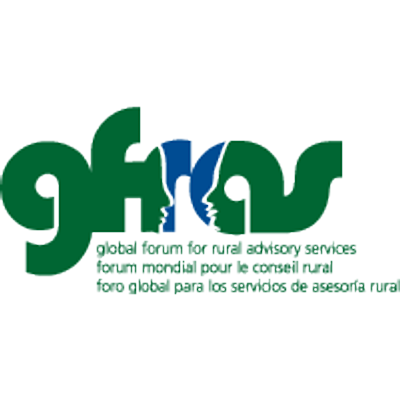 The ICT4RAS interest group of the Global Forum for Rural Advisory Services (
The ICT4RAS interest group of the Global Forum for Rural Advisory Services (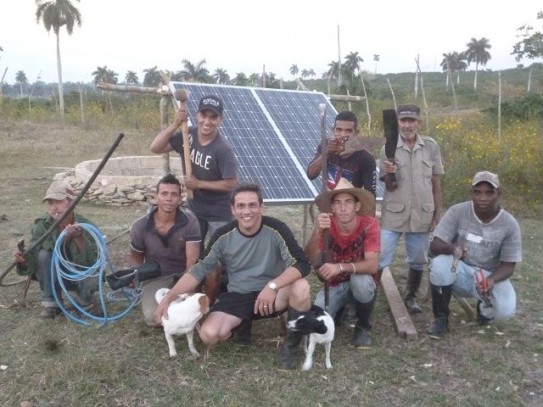
 Covering how to pitch an idea, facilitate a discussion, network effectively and think critically on landscapes, this booklet shares the key information, documents and readings presented during the webinars and masterclasses:
Covering how to pitch an idea, facilitate a discussion, network effectively and think critically on landscapes, this booklet shares the key information, documents and readings presented during the webinars and masterclasses: